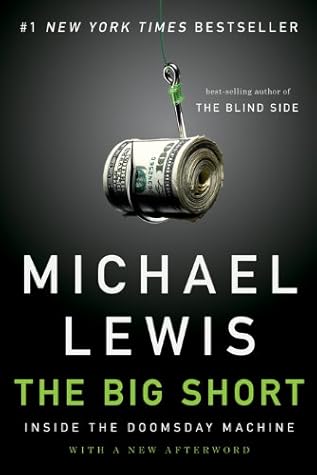More on this book
Community
Kindle Notes & Highlights
doled out to twenty-six-year-olds to perform tasks of no obvious social utility.
Why bother to overturn your parents’ world when you can buy it and sell off the pieces?
to be trained by a man who helped her to establish not merely a career but a worldview.
Mortgage borrowers typically repaid their loans only when interest rates fell, and they could refinance more cheaply, leaving the owner of a mortgage bond holding a pile of cash, to invest at lower interest rates.
the fate of the stocks depended increasingly on the bonds.
Munger had given a talk at Harvard Business School called “The Psychology of Human Misjudgment.”
I have to be steadfast in the face of popular discontent if that’s what the fundamentals tell me.”
In the bond market it was still possible to make huge sums of money from the fear, and the ignorance, of customers.
“If you’re in a business where you can do only one thing and it doesn’t work out, it’s hard for your bosses to be mad at you.”
walking embodiment of the bond market, which is to say he was put on earth to screw the customer.
building Black-Scholes models
the bond market’s complexity had helped the Wall Street bond trader to deceive the Wall Street customer. It was now leading the bond trader to deceive himself.
small group of U.S. bond traders employed by UBS had lobbied hard right up until the end for the bank to buy even more of other Wall Street firms’ subprime mortgage bonds.
But when the interest encounters a rocky patch, or the person experiences failure in the interest, the negativity can be felt very intensely, especially when it comes from other people.
The stimulus would lead inevitably to inflation, he thought, but also to a boom in stock prices.
(“Derivatives are like guns,” he still likes to say. “The problem isn’t the tools. It’s who is using the tools.”)


